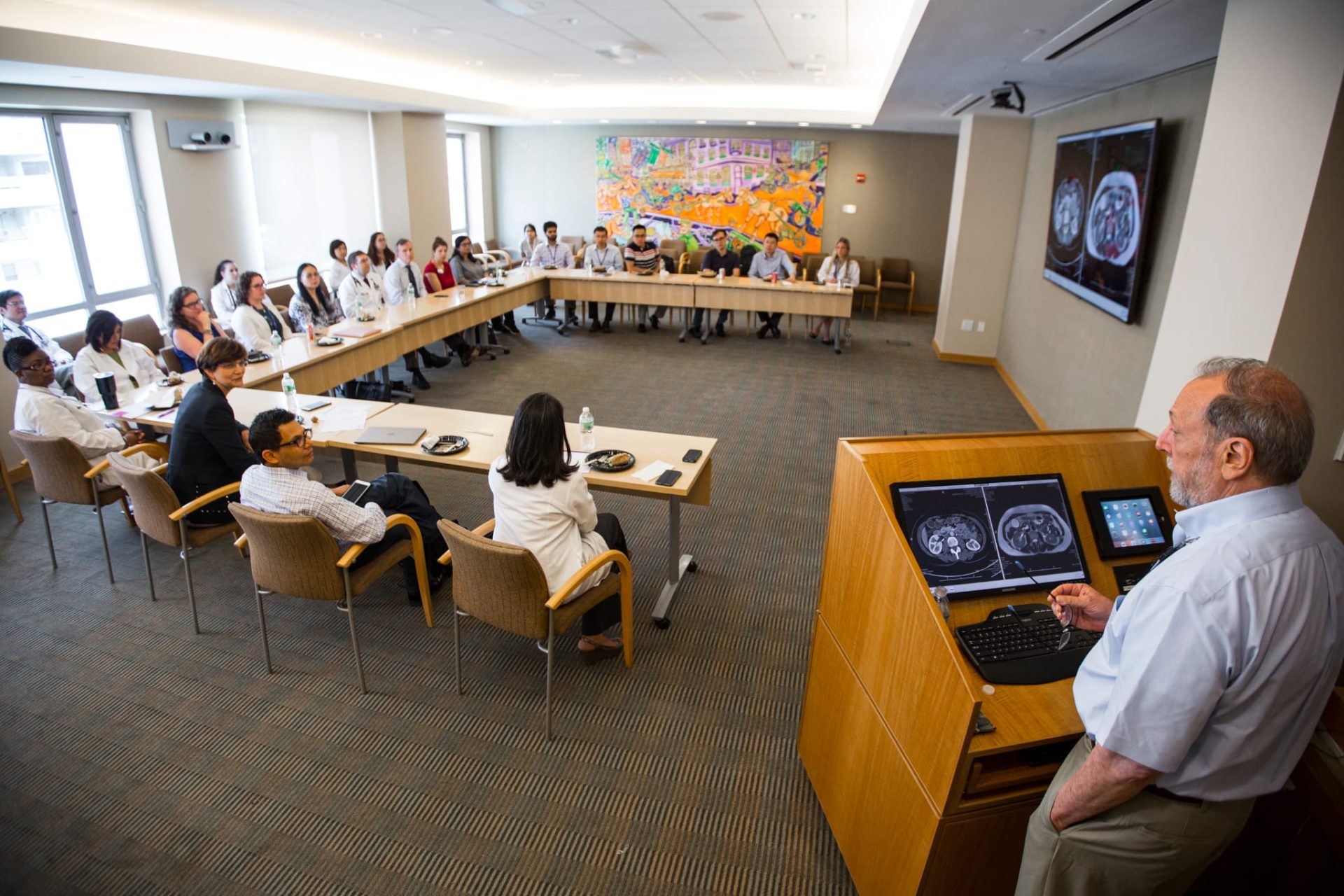About CEPHR
NYU Langone’s Community Engagement and Population Health Research (CEPHR) program at the Clinical and Translational Science Institute works with community members, health and social service providers, community-based organizations, academic investigators, and policymakers to develop, adapt, and advance evidence-based health interventions in real-world healthcare and community settings.
Our work is informed and supported by collaborations that cross disciplines and institutions and bridge the academia–community divide. CEPHR-affiliated centers and departments at NYU Langone include the Department of Population Health, and the NYU-CUNY Prevention Research Center.
We also convene the Clinical and Translational Science Institute’s Community Advisory Board. The group represents a cross-section of New York City’s communities, government, healthcare community, social services, and neighborhoods and boroughs. The mission of the Community Advisory Board is to create healthier communities and multidirectional, equal, and reciprocal partnerships among the communities of New York, NYU Langone, and NYC Health + Hospitals through participatory and sustainable methods of research, education, and advocacy.
Contact Us
For more information about the Community Engagement and Population Health Research program, contact program manager Smiti Nadkarni, MPH, at Smiti.Nadkarni@NYULangone.org or senior program coordinator Shinu Mammen, MPH, at Shinu.Mammen@NYULangone.org.
Community Engagement Research Areas
Our goal is to help researchers effectively translate scientific discoveries from the laboratory bench to the community and to funnel findings from population-based studies back into the laboratory. To develop more effective community health translational research collaborations, we offer guidance on specific research approaches and methodologies.
Community Engagement in Research
We help investigators incorporate community engagement techniques into research projects to encourage public acceptance of and adherence to new therapies and health interventions and successfully recruit participants in clinical trials.
Community-Based Participatory Research
We promote community-based participatory research to encourage active and equal partnership between our researchers and the community. These relationships inform the way that we develop research questions, evaluate study design, recruit participants, design study instruments, implement interventions, and share outcomes. This approach forges stronger relationships between NYU Langone and local communities, makes research questions more relevant, and promotes sustainable health improvements.
Cost-Effectiveness Analyses
We educate researchers on the use of cost-effectiveness analyses to project the benefits, harms, and costs related to the adoption and translation of health-related recommendations into clinical practice.
Population Health Research Areas
We help investigators conduct research that examines health determinants and health outcomes of entire populations to promote proactive disease prevention and management strategies at the community, health system, and health policy levels.
Past speakers at our annual Population Health Seminar series have included participatory research expert Nina Wallerstein, DrPH, MPH, of the University of New Mexico; research scholar Margarita Alegria, PhD, of Harvard University; research methodology and evaluation expert William Trochim, PhD, of Cornell University; and Ruth Browne, SD, president and chief executive officer of Ronald McDonald House New York.
Comparative Effectiveness Research
We encourage comparative effectiveness research to analyze alternative methods of disease prevention, diagnosis, and treatment. We use our findings to inform both the way healthcare is delivered and the decisions made by healthcare providers, policymakers, and the public.
Practice-Based Research
We aid investigators in incorporating practice-based research to test strategies for health promotion and disease prevention and care for chronic medical conditions in community settings. Our focus is on developing strategies that are more broadly generalizable than those derived from controlled clinical settings for use in primary care disciplines, including general internal medicine, pediatrics, and family practice.
Behavioral Economics
We encourage researchers to use behavioral economics—the influence of social, cognitive, emotional, and economic factors on decisions—to develop realistic models of human decision making and craft interventions to improve health outcomes.
Implementation and Dissemination Research
We seek to understand factors associated with successfully integrating evidence-based interventions in specific, real-world settings, also known as implementation and dissemination research. Our research defines how key elements of particular health interventions are conserved or adapted in specific settings. It also explores strategies to integrate them into different settings.

